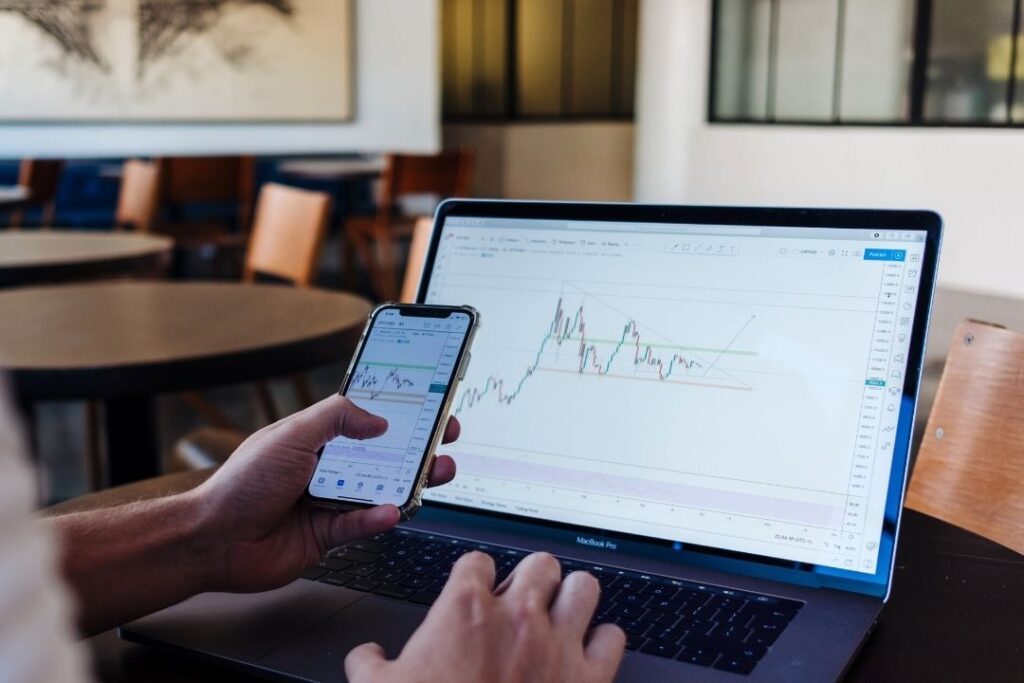The full form of DD is due diligence which is often used in various aspects. In the aspects of stock and trading, it refers to authentic research and auditing to ensure that the trade has all the necessary details and facts to come to a proper decision.
When traders are doing their due diligence they should be looking at the company’s financial records and the overall company records to compare with its current competitors to make sure that they are opting for the best possible stocks and have a good return on the investment.

What Does DD Mean in Stocks and what is the DD checklist for investors?
The individual investors are offered various steps to ensure their due diligence. They can find the set of information on the websites of the company they invest in. They can check it out in the quarterly reports of those companies. If they check the profiles of the company, there are possibilities that they find financial news and brokerage sites there only. Now let us check out what DD means in stocks.
What does DD Mean in Stocks and what is Market Capitalization?
Investors should check out the total value of the company before investing in any stock. This is achieved by checking out the stock ownership, price, and company potential. If the investor is looking for a company with stable revenue streams and a huge investor base then it is best to check out mega-cap and large-cap companies. The bigger companies tend to include parabolic stock prices that the fluctuations also turn into revenue.
What does DD mean in stocks and what are the trends?
Investors need to be patient when due diligence comes to trends. They should take a long time to speculate on the movements of the company. They should keep checking the profit, return, and expenditure over time. So, it is recommended to all individual investors to monitor the trends of the company for at least some quarters before coming to a concrete decision on investment.

What are the competitions?
We suggest the investors have a complete understanding of the company size, trends, and the revenue it generates before making a concrete decision. It is also suggested to have a look around and check what the other companies of the same industries are up to and how they are making their return on investments. This will help the investors to have a clear idea about the specific industry as well as how much to expect from the selected company.
What is valuation?
Now, comes the next step of the DD process which includes checking the P/E ratio, P/S ratio and PEGs which are called the valuation ratios to the whole decision and these are quite easy to calculate. The P/E ratio refers to the amount that the investor can expect from the stock price of the selected company. The PEGs ratio refers to the expected amount that the investors can earn from the selected company. Then it can be compared to other earnings from other stocks. And last but not the least, the P/s ratio refers to the company’s value relation, revenue, and debt.
What is ownership?
As the next step of due diligence, the investors should check if their selected companies are still run by the founders or if there are boards of directors as authorities. They can easily find the set of information on the respective websites. This is necessary because the investors should be aware of the founders are selling the company shares at a very high rate which is a sign of something fishy going on.

What do dilution and stock history mean?
Now at this point, the investors are needed to make short-term research on the long-term prices of the company shares. They should keenly observe the company movements and the profit generations.
What is Professional Analysis?
This is the last step of DD in stocks where the investors need to involve in dialogue with professionals and analysts to get an idea about the long-term trends and profits of the company.
Summary
In the aspects of stock and trading, it refers to authentic research and auditing to ensure that the trade has all the necessary details and facts to come to a proper decision. The individual investors are offered various steps to ensure their due diligence. They can find the set of information on the websites of the company they invest in. They should take a long time to speculate on the movements of the company. They should keep checking the profit, return, and expenditure over time. We suggest the investors have a complete understanding of the company size, trends, and the revenue it generates before making a concrete decision.
Also Read: What is the Rule of 70? Explained
